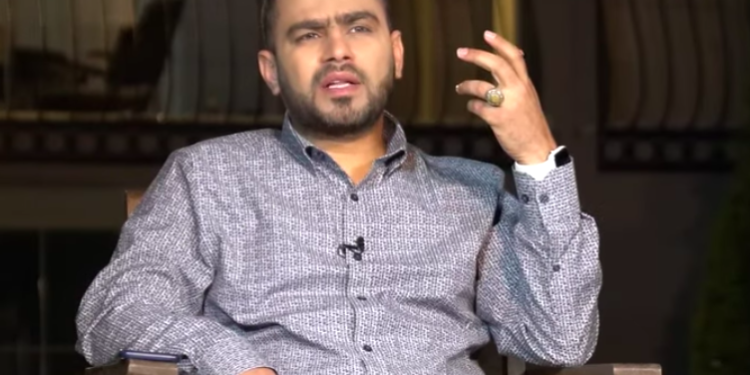Morocco extradites Saudi Osama al-Hasani to the Saudi authorities

The Moroccan official news agency quoted a judicial source as confirming that the extradition was based on Riyadh’s request to International Criminal Police Organization Interpol for a case related to theft.
The source explained that the handover took place within the framework of the provisions of the Arab Agreement for Judicial Cooperation signed on April 6, 1983.
A Moroccan court had approved the extradition of Al-Hasani to Riyadh last week in a case that concerned human rights organizations.
Last month, Moroccan authorities arrested Al-Hassani, 42 years, a businessman who was previously a member of the faculty at King Abdulaziz University (North Jeddah branch) and holds an Australian passport, 4 hours after he arrived at Casablanca airport to visit his newborn child.
Al-Hassani’s wife, who is Moroccan, had previously confirmed that her husband had no idea that the Saudi government was seeking to arrest him when he travelled to Morocco to be with her and their newborn child.
A Saudi court had sentenced Al-Hasani to two years in prison.
Al-Hasani, who during recent years resided in Britain, denies the accusations against him.
Rights sources revealed dangerous details of the Saudi embassy’s role in Rabat in the arrest of Dr Osama al-Hassani in Morocco.
The Prisoners of Conscience tweeted that a representative from the Saudi embassy attended the trial session of Osama al-Hasani, in clear violation of the law that does not allow this.
He noted that Al-Hassani’s three lawyers objected to this, describing it as a “breach of the integrity of the judiciary,” but the judge replied that he was the one who allowed him to do so.
Prisoners of Conscience added, “It is confirmed to us that the reason for the judge’s permission for the embassy’s delegate to attend the session is because the embassy offered him bribes and many security officers who ordered the arrest of Al-Hasani.”
Al-Hasani was to be deported directly in a “military” manner without resorting to the judiciary.
“The embassy sought to deport him without an arrest warrant, through suspicious financial contact with officers from Morocco,” The Prisoners of Conscience added.
However, after the lawyers revealed the matter, the embassy rushed to contact the Kingdom to issue an arrest warrant.
So the arrest warrant was released on February 11, while he was arrested on February 8.
Al-Hasani’s lawyers also presented a document proving that the bogus case requested by the Saudi authorities for it – an old financial case that has no origin – and other essential documents have fallen out.





